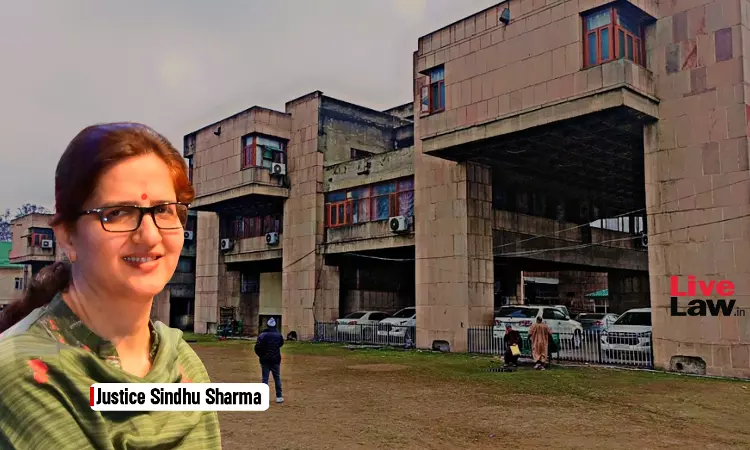The Jammu and Kashmir and Ladakh High Court has ruled that the primary consideration for the court before allowing an application under Order-XI Rule-12 CPC lies in determining the relevance of the documents, especially when a party seeks a specific document.Justice Sindhu Sharma clarified that any document shedding light on the proceedings becomes pertinent, contributing to the understanding...

